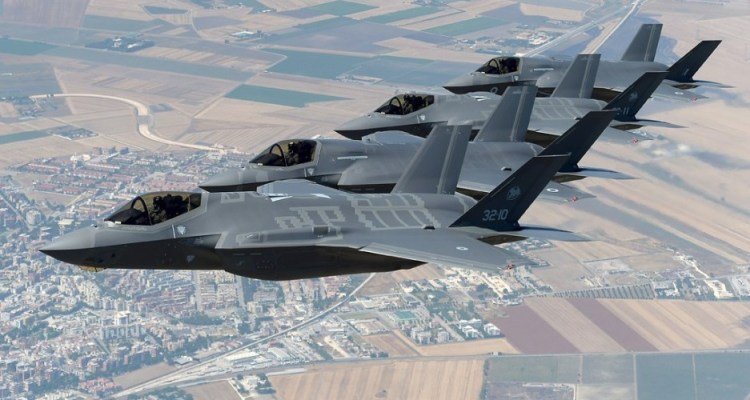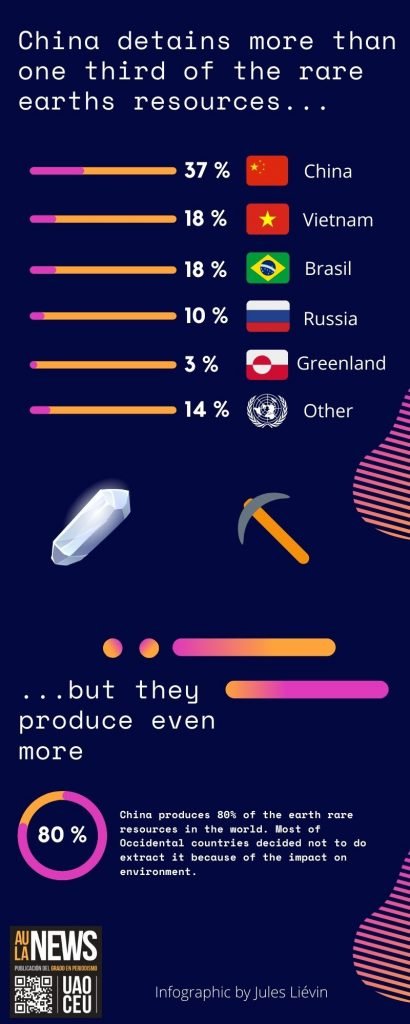After a long struggle, the left-wing environmental party in Greenland known as Inuit Ataqatigiit has finally won the election. This party has promised to halt the Kvanefjeld mining project- a mine that could make Greenland the most significant producer of rare earths in the western world.
Rare earths are metals that are used to make many different forms of electronic devices, including cell phones, electric vehicle equipment, weapons systems, and military aircrafts. Greenland’s supply may be the largest untapped deposit in the world, but the people of Greenland have voted for the environment.

The Inuit party scored 37% of votes, beating out the center-left, social-democratic Siumut party which has been in power for nearly 40 years, save for a brief 4-year period. The major premise of this party has been the promise to shut down the rare earths mining project, and the people of Greenland agree. Knowing the potential threats that the mining project holds, such as radioactive pollution and toxic waste exposure to a fragile area, the citizens of Greenland have voted against it.
Though China will continue to dominate the rare earth mining industry, the environmental cost was just too high for the island to sacrifice for economic development, though many citizens understand the growth that a mine like this would bring to their national economy.
The Chinese hegemony
Greenland is a huge but very sparsely populated country (55 000 inhabitants). This Danish autonomous region is in the middle of the Arctic, a very strategic place. The competition between the world’s major powers (especially the United States, Russia, and China) for his resources was inevitable. In 2019, Donald Trump even declared he wanted to buy the country.
This announcement makes sense when it comes that China detains 80% of the rare earths production. A monopole position which is a real problem for many countries, that are obviously very dependent on China on this market. In February, Beijing was considering an embargo on the United States to limit the construction of their F-35 military aircrafts (supplied to the Taiwanese army).

A hegemony that China wanted to reenforce by exploiting Greenland resources. Initially, in the mining Greenland project that the people rejected, the operator would have been Shenghe Resources, the biggest Chinese firm of the field.
Russia also tempted to prove geologically that Greenland was the extension of his continental shelf and claims that Greenland is Russian. All the demands were rejected by the United Nations.
Now, the hurry for those countries to find independence is growing, as much as the ecological transition is becoming crucial. The opening of the electric cars market might blow up the demand in rare earths soon. As Greenland, Brazil, Vietnam, and India are also possessing huge amounts of rare earths and could permit a diversification of providers to some countries.

